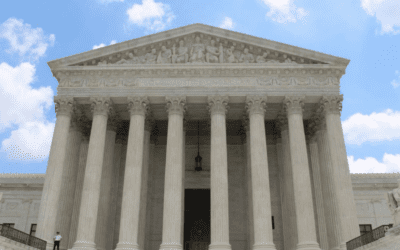The Double Jeopardy Clause of the Fifth Amendment and the Same State and Federal Crimes.
Most people have a general understanding that the federal government and states can have their own laws. What many people may not be aware of, is that the federal government and the states can have the exact same laws that prohibit the exact same conduct. In that respect, it is possible that someone could be charged by both the state and the federal government for the same conduct. Many people might think that the Double Jeopardy clause of the Fifth Amendment of the Constitution would then be implicated to protect against being charged for the same crime by the state and federal government. And while many people understand the concept of “Double Jeopardy,” they would probably be surprised to find out that it does not provide protection against being tried for the same conduct in federal and state court.
A recent Supreme Court case reaffirmed that concept. In Gamble v. United States, decided in 2019, the Supreme Court determined that the dual-sovereignty doctrine permits a state and the federal government to each create their own laws and each to enforce them. The state and the federal government are each considered a “sovereign,” and therefore each can have laws for the same offense. The Court determined that the Double Jeopardy Clause protects individuals from being “twice put in jeopardy” “for the same offence.” As originally understood, an “offence” is defined by a law, and each law is defined by a sovereign. Thus, where there are two sovereigns, there are two laws and two “offences.” Therefore, a person could be tried for the same crime both in the state and federal courts.
If you are charged or threatened with federal charges, you need a federal criminal defense attorney. To discuss the federal criminal defense update or criminal law more generally, reach out to New Jersey and New York criminal defense lawyer Lorraine Gauli-Rufo at 973-239-4300 or LGR LAW for a consultation today. For more information about the firm, please visit LGR LAW’s website.





0 Comments